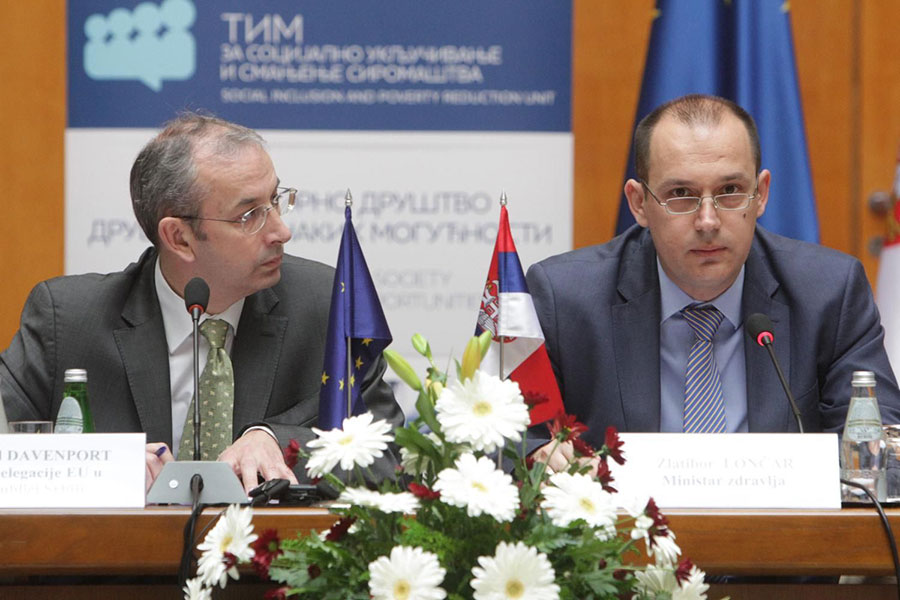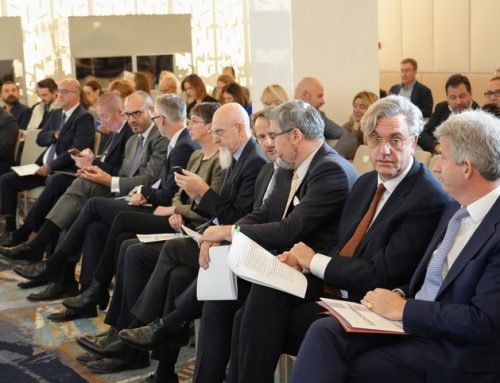Head of the EU Delegation to Serbia Michael Davenport said he was happy to learn Serbia had joined the main programme for the implementation of EU health strategy which, according to him, was about the economic dimension and economic consequences of either good or bad policy in the area of health.
At the conference “National info day about 2014-2020 European health programme,” Ambassador Davenport said the EU was very supportive of Serbian health sector and reminded that the Union had already invested significant funds in that area through pre-accession funds.
Davenport cited concrete examples of EU support such as the purchase of 252 ambulances which can still be seen on the streets across Serbia, screening or early detection of cancer project, as well as the introduction of palliative care in Serbia.
Ambassador said there were many challenges in aligning the health sector within negotiating chapter 28, as required by EU annual report on Serbia, and the staff in the sector will play the most important role in further development of health care system and reform agenda.
Serbia’s participation in the programme is of utmost importance; it would enable greater investment in innovative and viable solutions, a higher level of cooperation with colleagues in the region and beyond and more efficient application of prevention measures, such as those in fight against HIV/AIDS, alcohol abuse, tobacco control, said Head of the EU Delegation to Serbia Michael Davenport.
By joining the 2014-2020 European health programme, Serbia became equal partner with EU Member States, said Minister of Health Zlatibor Loncar and added this was an acknowledgement of efforts made to ensure a more efficient health care system to Serbian citizens.
Loncar said Serbia waited six years to join the programme which developed mechanisms to address the lack of resources and facilitates the introduction of innovation in health.
“Serbia is now getting support for its health sector in the process of European integration and alignment with European standards in public health and will also receive more funding through projects,” Loncar said.
“Health policy is a national matter, but due to common issues in the area of health, EU Member States also share the same responsibilities. The idea behind the programme is to find solutions applicable in all countries in situations such prevention of pandemics across national borders,” said Acting Director of EC Consumers, health, agriculture and food executive agency Jaques Remacle. The EU is investing in research programmes and strongly advocating innovation within health systems, Remacle said and explained the Agency he is in charge of was responsible for the approval and funding of projects.
European health programme includes the “Health for Growth” programme which funds the goals of the EU health strategy. Goal is to work with Member States and candidate countries and encourage innovation in health, increase sustainability of health systems, improve health of EU citizens and protect them from cross-border health risks.
More information about the project:
http://ec.europa.eu/health/programme/policy/proposal2014_en.htm




